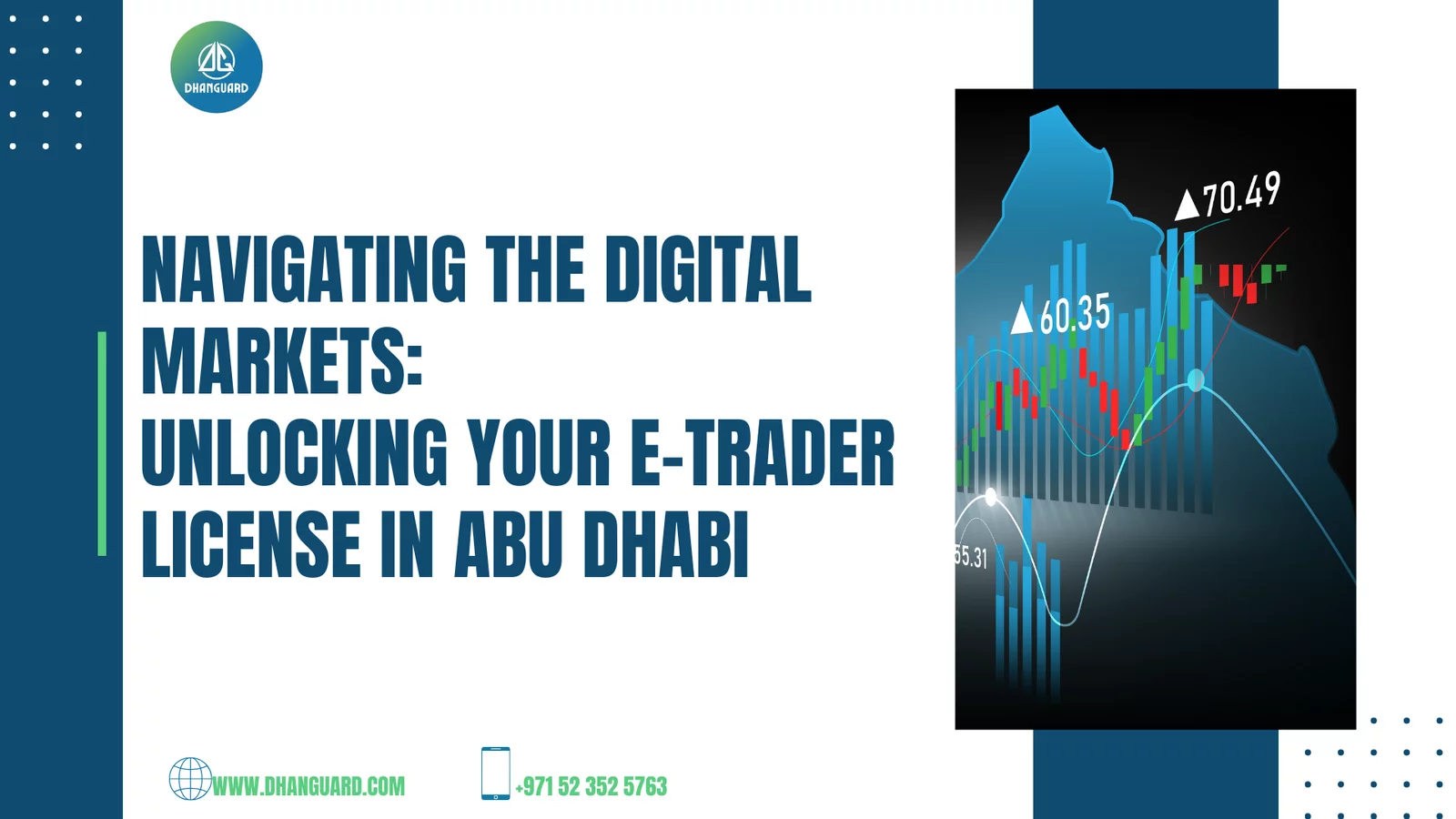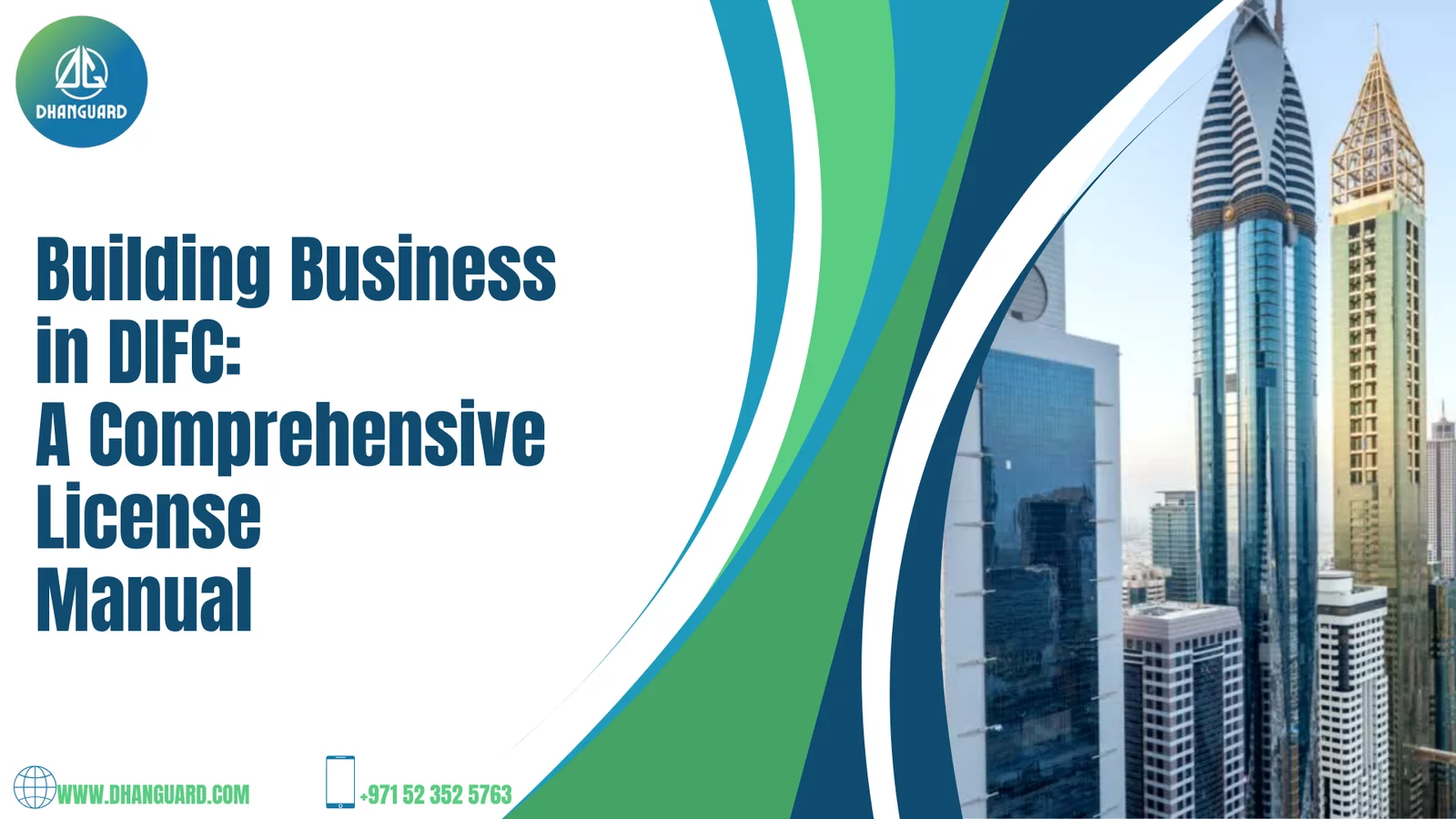In the ever-evolving landscape of the United Arab Emirates (UAE), where businesses thrive and opportunities abound, the insurance industry plays a pivotal role in safeguarding assets and managing risks. A company can perform insurance brokerage in the UAE with a license from the Insurance Authority. A license is valid for one year and can be renewed every year. Each year, it expires at the end of December. Companies who want to get a license from the Insurance Authority must meet the Regulations' conditions. The applicant must be a company incorporated in the UAE under the Commercial Companies Law or a branch of a company incorporated in a foreign country or a financial freezone in the UAE, as long as it is authorized to conduct the same types of insurance brokerage. Insurance brokers, often referred to as intermediaries between insurers and policyholders, make this system work seamlessly. However, their activities are not without regulatory oversight. In this blog, we will delve into the laws and policies governing insurance brokers in the UAE, exploring topics like broker regulation, VAT for insurance brokers, and the process of becoming an insurance agent in the UAE.
Legal definition of Insurance Broker License
Under Federal Law Number 6 of 2007 (Establishment of the Insurance Authority and Regulation of the Insurance Practice), an insurance broker is defined as follows:
"A person who acts as an independent intermediary in insurance or reinsurance transactions between the insurance/reinsurance applicant and the insurance/reinsurance company, charging a commission from the insurance/reinsurance company with which the insurance/reinsurance policy is concluded."
Some key points about the Insurance Authority are as follows:
-
The Insurance Authority Board of Directors Resolution Number 15 of 2013 (the "Regulations") regulates the insurance broker profession in the United Arab Emirates (UAE), including revisions from time to time. The Insurance Authority (IA) was established as a separate legal personality under Federal Law Number 6 of 2007 to regulate and supervise the UAE's insurance sector.
-
It is necessary to obtain a License to Practice Insurance Activities in the UAE as a Company, a Branch, or an Insurance Agent of a Foreign Company before engaging in the profession of insurance broking.
-
The License is issued by the Insurance Authority (IA), valid for one year from the date of issuance, and is renewed every year. Each year, the License expires at the end of December.
-
Companies that want to get a license from the IA must meet the Regulations' specific conditions.
Broker Regulation in the UAE
Insurance brokers in the UAE are subject to strict regulations to ensure the highest standards of professionalism and ethics. The UAE Insurance Authority (IA) is the primary regulatory body overseeing the insurance sector, including the activities of insurance brokers. Compliance with IA's regulations is crucial for brokers operating in the region. These regulations cover licensing, capital requirements, and adherence to ethical conduct.
To operate legally, insurance brokers must obtain a license from the IA. This License is only granted to entities that meet specific capital requirements, have experienced personnel, and demonstrate sound financial standing. These measures are in place to guarantee that policyholders receive the best possible service and protection.
Insurance Brokers in Dubai: A Hub for Insurance
Dubai is undoubtedly the central hub for insurance brokers in the UAE. The Dubai Financial Services Authority (DFSA) regulates insurance brokers operating within the Dubai International Financial Centre (DIFC), an established financial free zone. The DFSA ensures that insurance brokers in Dubai adhere to international best practices, promoting transparency and maintaining the highest standards of professional conduct.
Dubai insurance brokers benefit from a favourable business environment, global connectivity, and a well-regulated ecosystem. These advantages make Dubai a prime location for local and international insurance brokerages to establish their presence.
Here are some crucial points about Insurance Brokers:
-
The insurance broker's technical team must also meet specific qualifications established by the Regulations. For each form of insurance, the insurance broker must have at least a general manager, operations manager,internal authority, and at least one specialized employee.
-
The Execution Rules also include particular requirements for each of the personnel above and the person in charge of the branch.
-
The insurance broker must provide the Insurance Authority chairperson of the board of directors with an unequivocal Bank guarantee payable on demand. This may be liquidated in whole or in part at any time to ensure the settlement of the broker's transactions and obligations stemming from his work with insurance companies and consumers.
-
The insurance broker must get professional liability insurance coverage in the name of the Insurance Authority chairperson of the board of directors. The insurance must be worth at least AED 2 million for enterprises incorporated in the UAE. For a company branch incorporated in a foreign nation or a financial-free zone in the UAE, the policy must be worth at least AED 3 million.
-
The Regulations impose specific requirements on insurance brokers in their dealings with the Insurance Authority, insurance firms, and their clients.
-
Except for life insurance and funds accumulation operations, group health insurance, marine and air transport insurance, and vessel hull and petroleum insurance, the insurance broker should follow up and collect premiums on behalf of the insurance companies.
VAT for Insurance Brokers in the UAE
Value Added Tax (VAT) was introduced in the UAE in 2018, and it has implications for insurance brokers. VAT is applied to various goods and services, including insurance-related transactions. Insurance brokers need to be aware of how VAT impacts their operations.
Insurance brokers in the UAE are typically considered intermediaries in the insurance process. As such, they often act as agents, collecting premiums and forwarding them to insurance companies. In the context of VAT, the commission or fees earned by insurance brokers are subject to VAT. Therefore, brokers must account for and remit VAT to the tax authorities in compliance with the law.
How to Become an Insurance Agent in the UAE
Becoming an insurance agent in the UAE involves several steps, and adhering to the regulatory requirements outlined by the IA is essential.
Here's a simplified guide:
-
Meet the Eligibility Criteria: Individuals interested in becoming insurance agents must meet specific qualifications, including relevant education and professional experience.
-
Obtain Training and Certification: Undergo training programs and obtain the necessary certification from recognized institutions in the UAE.
-
Apply for a License: Submit an application to the IA for an insurance agent's license, along with the required documents and fees.
-
Meet the IA's Requirements: The IA may conduct background checks and interviews to ensure your suitability for the role.
-
Comply with Updates: After obtaining your license, you must stay updated with industry developments and participate in continuing education programs.
What are the requirements for Insurance Broker Licensing?
The businesses must meet the following conditions:
-
The firm must be founded in the UAE and registered under the Commercial Companies Law with a paid-up capital of AED three million or more to conduct insurance brokerage business.
-
A branch of a foreign company or a financial freezone with a paid-up capital of AED ten million or more must be registered under UAE commercial law.
-
The company must provide the IA chairperson of the Board of Directors an unconditional Letter of Guarantee issued by a bank receivable on demand. This may be liquidated in part or in whole to ensure the settlement of the broker's transactions and liabilities emanating from his business practices with his customers and the general public.
-
The insurance broker must secure a professional liability insurance policy on behalf of the IA chairperson of the Board of directors. For enterprises incorporated in the UAE, the policy must be worth at least AED two million, and for a branch of a foreign company or in a financial-free zone in the UAE, it must be worth at least AED three million.
-
The insurance broker must continue to appoint the technical and administrative personnel needed to carry out the activity.
-
Provision of an appropriate headquarters and the necessary technical systems and software to carry out the operation.
-
Internal control mechanism to ensure appropriate application of the IA's regulations, statutes, circulars, and resolutions when they are released.
-
The agreement between the license applicant and a UAE-based bank about the account earmarked for the practice of insurance brokerage must be supplied.
-
The required fees must be paid in full, and the corporation must adhere to any extra IA requirements or conditions.
The IA decides whether to approve or deny the application for a license within a maximum of twenty working days after the application for approval to practice the Insurance Brokerage business is submitted to the IA in the specified Form with the requisite documents. When the application is approved, the Insurance Broker will be added to the IA's Insurance Brokers Register. A license, registration, cancellation, or write-off application may be appealed after twenty working days of being notified of the relevant decision.
The appeal must be filed to the IA Board of Directors within twenty working days of receipt of the complete request for a decision. The decision of the Board on the grievance is final.
Personnel in the technical and administrative fields
The insurance broker's technical team must meet certain conditions established by the Regulations. For each Form of insurance, the Insurance Broker must designate at least one Internal Auditor, General Manager, Operations Manager, and specialist employee with the necessary qualifications and expertise.
Resolution No. 58 of 2015, relating to implementing the Regulations (the "Execution Regulations"), establishes additional obligations for employees and the person in charge of the branch.
Who can be appointed to the Insurance Brokerage firm's technical and administrative staff?
Any person who meets the following requirements:
-
A natural being operating at total capacity.
-
The person must be of good character, having never been convicted of a moral turpitude offense and condemned to a freedom-restricting term without rehabilitation.
-
He still needs to stop paying his commercial bills, even if it is unrelated to bankruptcy or has been declared bankrupt without rehabilitation.
Any appointment, transfer, modification, or termination by the Insurance Broker must be reported to the IA within sixty days.
Insurance Broker's Responsibilities
The Responsibilities of a Insurance Broker are as follows:
-
Within three months of receiving the license, the insurance broker must create written internal bylaws and submit a copy to IA.
-
The insurance broker must regularly examine and update the internal control system to correctly apply the IA's regulations, statutes, circulars, and resolutions.
-
The insurance broker must produce a risk management operational guide and update and review it regularly to the applicable requirements.
-
Develop a professional code of behaviour for employees and manage and coordinate their work to guarantee that the Regulations and Execution Regulations are followed.
-
Cooperate and coordinate with the internal controller to enable them to complete the responsibilities allocated to them and to notify the IA if any violations occur.
-
The internal controller may only be fired by the insurance broker's Board of directors or management board, provided that the IA and the internal controller are notified of the dismissal decision at least thirty working days before the dismissal, along with an explanation of the reasons for the release.
-
The insurance broker must adhere to the Regulations' obligations toward the IA, consumers, and insurance companies.
Penalties
If an Insurance Broker violates the legislation, regulations, instructions, resolutions, or circulars issued thereunder, the IA may impose the following penalties:
-
A warning to the Insurance Broker, requiring them to remove the breach's causes and take the necessary steps to prevent it from happening again or
-
A one-year suspension of the Insurance Broker's ability to practice the activity.
In any of the following situations, the IA may revoke the Insurance Broker's license:
-
Any of the license criteria mentioned in the Regulations are being violated.
-
Any of the commitments and duties have been breached egregiously.
-
Failure to renew the license, pay the annual renewal costs or pay the prescribed late fees.
-
The Insurance Broker is declared bankrupt by a final court judgment.
-
The Insurance Broker's liquidation and dissolution.
-
When an Insurance Broker does not engage in the regulated activity within six months after receiving the license.
-
After suspension, the Insurance Broker fails to practice the activity.
-
When it is discovered that the license was issued based on false or misleading information or data or based on an undertaking that has not been carried out as the IA determined.
Penalties imposed by the IA if an insurance broker's workers break the law, regulations, instructions, resolutions, or circulars published under it:
The IA may give a warning, suspend the activity for up to two months, or cancel the accreditation.
Conclusion
The Dubai Courts' decisions in this case are unexpected. It's possible that the court used general contract standards and didn't consider the nature of the brokers' reinsurance operation, where cover is provided through a cover note. The world of insurance brokers in the UAE is governed by strict laws and policies prioritizing policyholders' interests and maintaining the insurance market's integrity. Broker regulation, insurance brokers in Dubai, VAT for insurance brokers, and becoming an insurance agent are all integral parts of this dynamic landscape. By adhering to these regulations and staying informed about industry changes, insurance brokers can continue to play a vital role in managing risks and protecting the interests of businesses and individuals in the UAE. To know more, connect with Dhanguard!
DhanGuard: All-in-One Solution for Business Setup in Dubai, UAE
DhanGuard is your ultimate one-stop solution for all your business needs. Whether you’re planning to set up a new company or expand your existing business in the UAE, we’ve got you covered with our comprehensive range of services. From Business Setup in UAE and Company Formation in Dubai to managing your financial and legal compliance, we provide everything you need under one roof.
Our services include:
- Company Formation in UAE and Dubai
- Opening a Business Bank Account in UAE and Dubai with a 99% success rate
- VAT & Corporate Tax Compliance
- Accounting, Bookkeeping, and Auditing Services
- Trade License Renewal
- Golden Visa Assistance
Let DhanGuard make your journey of Business Setup in Dubai seamless and hassle-free!














